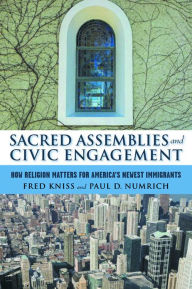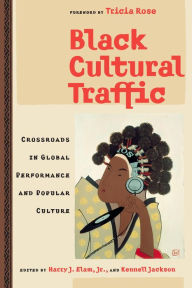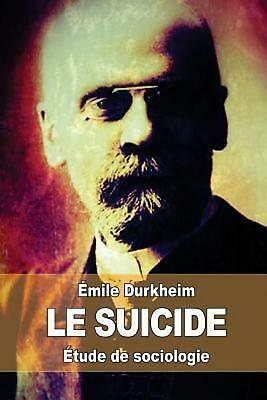
- Browse Category
Subjects
 We Begin at the EndLearn More
We Begin at the EndLearn More - Choice Picks
- Top 100 Free Books
- Blog
- Recently Added
- Submit your eBook
password reset instructions

Master's Thesis from the year 2015 in the subject Sociology - Miscellaneous, The American University in Cairo, language: English, abstract: The global movement of women has created a panic across borders in the 21st century, when it is suspected that they have been forced against their will to engage in sex work, which has manifested in the formation of what has come to be called the Rescue Industry . Governmental agencies and efforts have been directed at 'rescuing' victims of trafficking from an assumption of coercion, force and victimhood. However, a closer look at the profiling of these individuals, the process of victim construction and the problematization of trafficking being equated to prostitution reveals that a significant number of so called 'rescued' women, do not wish to engage in or have no other choice in employment other than sex work and return to it soon after being released or 'rescued'. Who are the 'rescuers' and what are their motivations to rescue women who do not wish to be rescued? What is their role in immigration policy and law enforcement? Indeed, how does 'rescue' serve the purposes of immigration? This thesis aims to explore and question the foundation of humanitarian governance through what has come to be called the 'rescue industry' - the plethora of organizations, governmental, non-governmental, international and humanitarian agencies and associated employees who are engaged in activities to rescue and rehabilitate these 'victims' of trafficking. An analysis of the reasons behind the activities of these efforts demonstrates that motivations range from curbing female and irregular migration, providing employment for a certain social elite (referred to in Laura Augustin's work later), to links with capitalism and profit. The visa and residence programs of the USA and the UK targeting victims of trafficking will be analyzed as will the websites of several anti-trafficking organizations, to illustrate the language, content and rationale behind their efforts and whether these 'efforts' are indeed as altruistic as they seem. It is hoped that uncovering the role of personal agency and choice in these women's lives in light of broader structural factors, such as economic and social disadvantage. will demonstrate that a significant proportion of 'rescue' efforts are unwarranted, and that a form of self serving humanitarianism is often in operation due to agendas other than the 'victim' in mind.
Less- Publication date
- Language
- ISBN
- December 7, 2017
- English
- 6e9fc033-e82f-4530-aa35-fbb9710b0441









.jpg)



.jpg)





.jpg)






